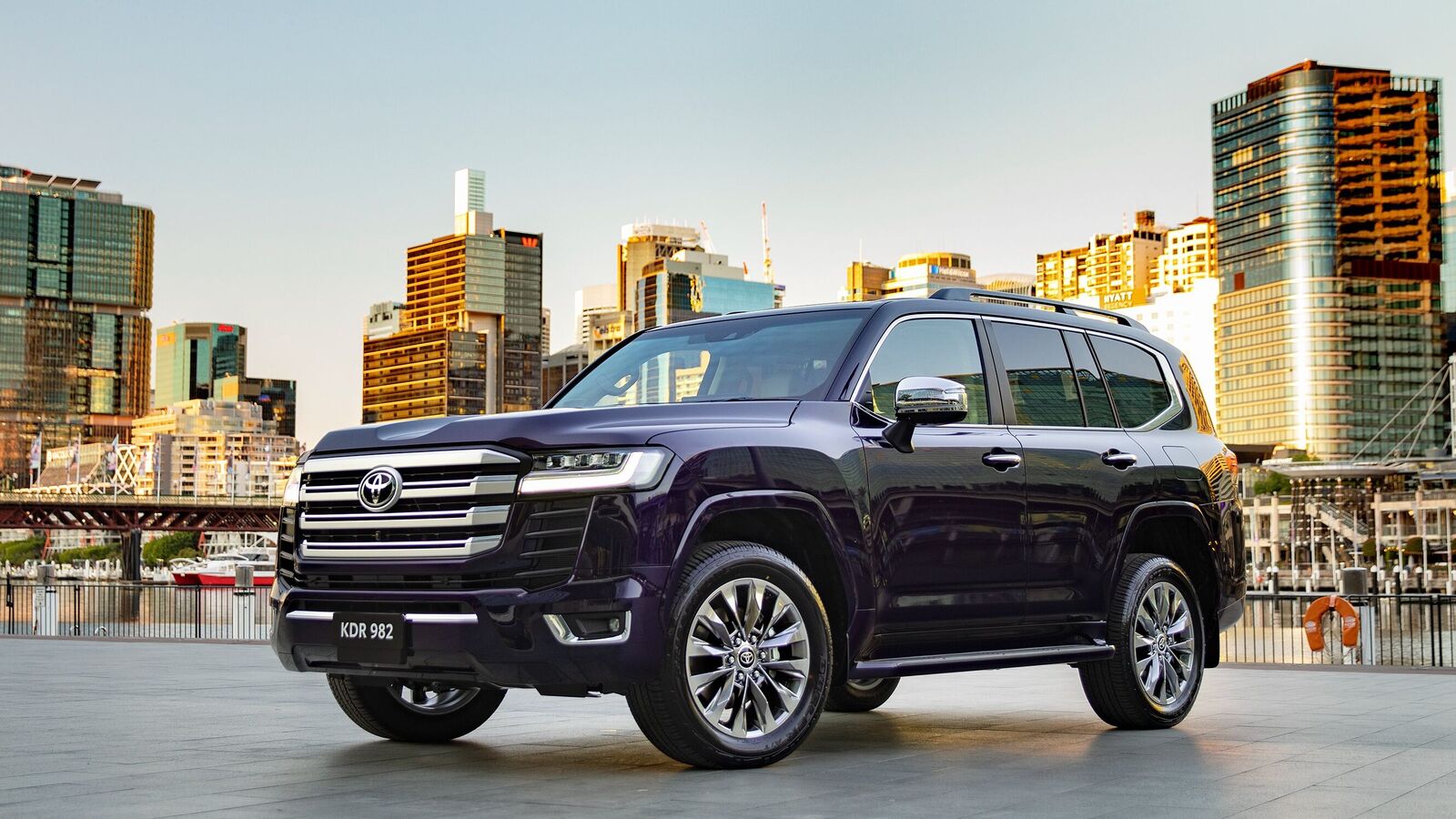Eco Wave Power (Nasdaq: WAVE) has secured the final permit from the US Army Corps of Engineers to install its first onshore wave energy system in the US at AltaSea’s site in the Port of Los Angeles. This pilot project will be the first of its kind in the US.
The permit, issued under Nationwide Permit 52 for water-based renewable energy generation pilot projects, allows Eco Wave Power to install eight wave energy floaters on the existing concrete wharf at Municipal Pier One. The setup will include an energy conversion unit housed in two 20-foot shipping containers, which are already on-site and ready to go. Eco Wave Power plans to complete the US’s first onshore wave energy installation by the end of Q1 2025.
Eco Wave Power’s floaters – the blue dinghy-like things in the water in the photo above, which are in Gibraltar – convert the rising and falling motion of the waves into energy generation.
The movement of the floaters compresses and decompresses the connected hydraulic pistons that transmit biodegradable hydraulic fluid into accumulators on land, where pressure builds. The pressure rotates a hydraulic motor, which rotates the generator, and then electricity is transferred into the grid via an inverter. After decompression, the fluid flows back into the hydraulic fluid tank, where it’s then reused by the pistons, creating a closed circular system.
The whole wave-energy power station is controlled and monitored by a smart automation system.
Eco Wave Power partnered with Shell in April 2024 on the Port of Los Angeles wave energy pilot in April 2024, and the two companies will work together on the execution phase of the project now that the permit is in place.
Inna Braverman, CEO of Eco Wave Power, said, “We are thrilled to receive this final permit and move one step closer to bringing wave energy to the US. This project represents not only a technological breakthrough but also a crucial step in advancing the global transition to renewable energy.”
Eco Wave Power operates the first grid-connected wave energy system in Israel and is also preparing to install projects in Taiwan and Portugal.
Wave energy holds massive potential. The US Department of Energy’s National Renewable Energy Laboratory estimates that wave energy could potentially generate enough energy to power hundreds of millions of homes. Eco Wave Power’s aim is for its Port of Los Angeles pilot project to advance wave energy as a potential reliable and mainstream renewable power source.

Read more: China powers up the world’s largest open-sea offshore solar farm
If you live in an area that has frequent natural disaster events, and are interested in making your home more resilient to power outages, consider going solar and adding a battery storage system. To make sure you find a trusted, reliable solar installer near you that offers competitive pricing, check out EnergySage, a free service that makes it easy for you to go solar. They have hundreds of pre-vetted solar installers competing for your business, ensuring you get high quality solutions and save 20-30% compared to going it alone. Plus, it’s free to use and you won’t get sales calls until you select an installer and share your phone number with them.
Your personalized solar quotes are easy to compare online and you’ll get access to unbiased Energy Advisers to help you every step of the way. Get started here. –trusted affiliate link*
FTC: We use income earning auto affiliate links. More.





